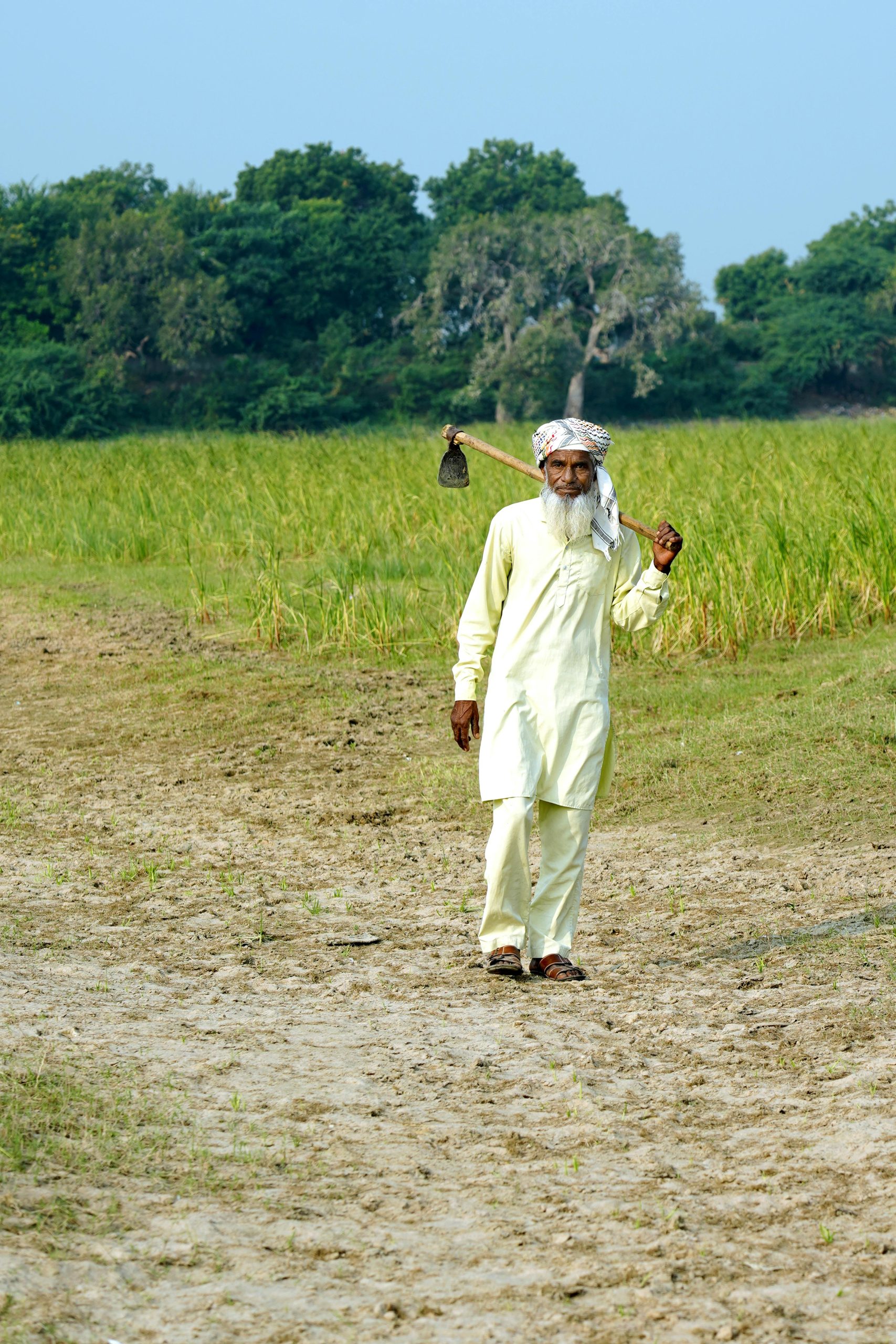The Graduate Recruitment Challenge: Retaining Talent in a Competitive Landscape
In recent weeks, I’ve faced a troubling trend in our graduate recruitment process — two talented graduates submitted their resignations right after achieving their ACA qualifications. This marks a staggering five departures this quarter alone, all opting for industry positions that offer superior pay and benefits.
It raises a critical question: Are we merely cultivating talent for larger corporations to poach? Despite our efforts to revamp our retention strategy, it often feels like we’re fighting a losing battle. Current salary increments simply do not align with the lucrative offers presented by organizations outside our firm. The partners’ meeting last week felt disheartening, as it seemed we were collectively avoiding the harsh realities of our situation.
I’m curious about the approaches taken by other firms. How are you managing to retain your newly qualified professionals? Are others experiencing similar challenges? Despite implementing common retention strategies—such as casual office perks like pizza lunches and table football or the allure of “accelerated progression”—I suspect the root issue lies in the demanding workloads we impose on our staff during peak busy seasons. It’s unrealistic to expect loyalty when we overload them during critical periods.
Perhaps I am somewhat out of touch with the younger workforce. In my early career, we dedicated ourselves for at least five to six years before considering a change. Today’s graduates, however, are increasingly prioritizing work-life balance. Given the rigors they endure, it is hard to fault them for seeking better opportunities elsewhere.
As we navigate these challenges, it is essential to seriously reconsider our strategies for engaging and retaining talent. Adjusting our perspective and adapting to the evolving demands of the workforce might be the key to maintaining a loyal and motivated team moving forward. Let’s share insights and solutions on how to create a more sustainable work environment for our graduates.

No responses yet